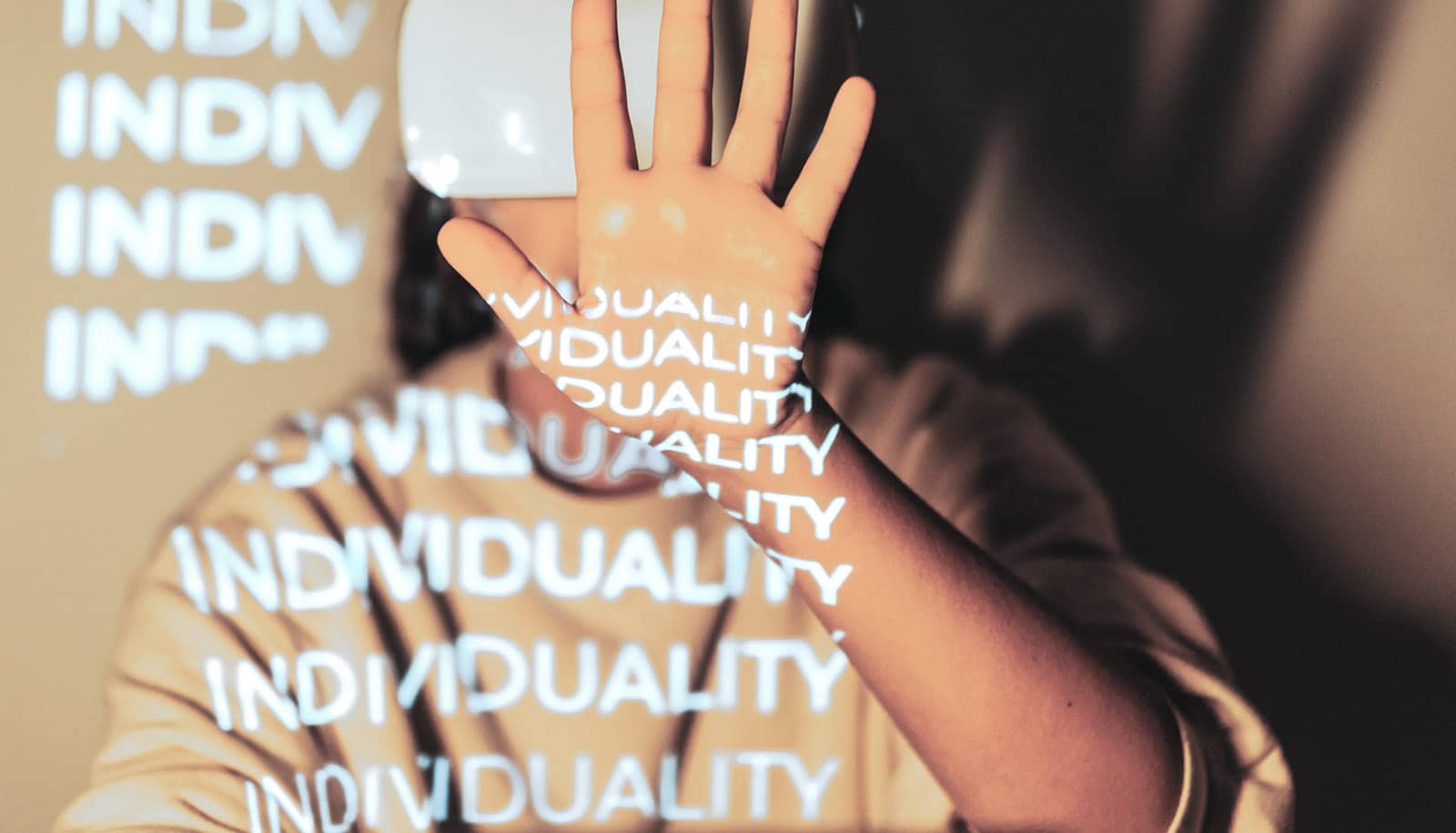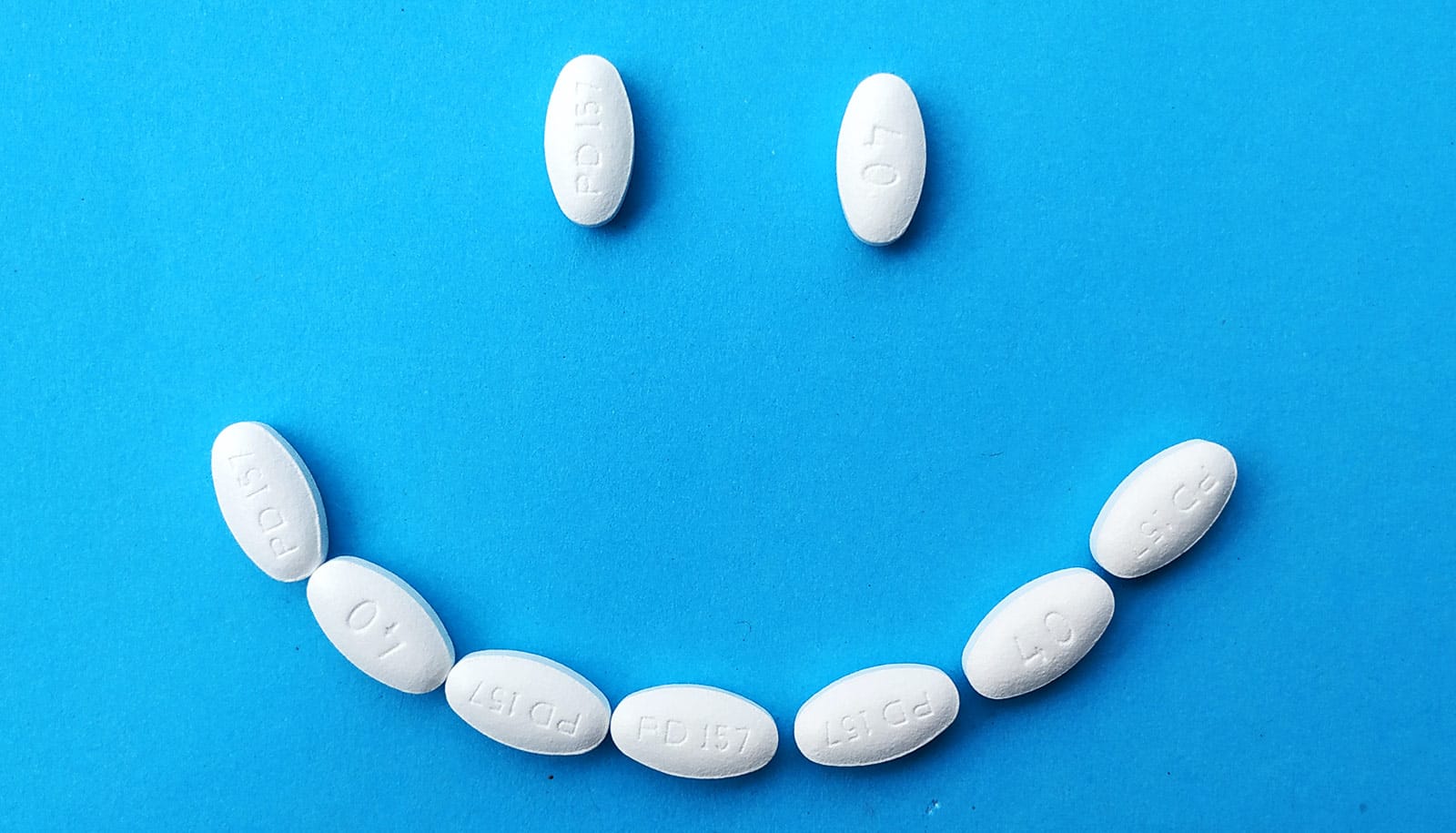Sham medical treatments seem more effective if they’re presented a personalized, research finds.
In two studies, researchers found that participants who thought a medical device—actually a placebo—was personalized to their genetic makeup and physiology reported feeling less pain when using it, compared to those who believed it was a standard treatment.
The effect was even stronger for those who valued their individuality and had a high score on a personality trait called “need for uniqueness.” These findings challenge the belief that personalized medical treatments work solely due to their pharmacological properties, suggesting that psychological factors may also potentially play a role in their effectiveness.
The study’s insights could lead to better design of tailored therapies, prompting researchers to address the impact of placebo effects in clinical trials for precision drugs.
“The number of personalized drugs on the market has doubled in the past five years,” says Dasha Sandra, lead author of the paper in the journal eLife and a recent graduate of McGill University’s Integrated Program in Neuroscience. “Understanding how a patient’s beliefs may affect personalized treatments could encourage researchers to better control for them when developing new drugs.”
With more research, these findings could pave the way to better implementation of personalized therapies.
“Currently, clinicians delivering personalized treatments know little about how psychological factors can improve their patients’ outcomes,” adds Mathieu Roy, associate professor of psychology and the senior author of the study. “Our findings, if confirmed in clinical studies, could help clinicians harness these factors to deliver personalized treatments more effectively.”
Source: Claire Loewen for McGill University



